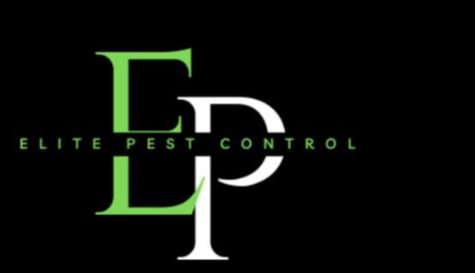Due to their isolated lifestyles, silverfish do not respond well to traditional trapping and baiting tactics; homeowners should instead try limiting the number of environments which provide ideal conditions for these pests.

Homeowners can use a dehumidifier to reduce damp areas that attract silverfish, and store any potentially food sources in airtight containers.
1. Check for Moisture Issues
As silverfish are moisture pests, it's crucial to inspect for areas in which moisture could build-up regularly. This includes clearing drain traps under sinks, fixing any leaky faucets and pipes, vacuuming regularly paying special attention to cracks and crevices and replacing carpeting regularly.
Your home should also be carefully examined on the outside for damp spots and debris that collect rainwater, such as leaf piles stacked against your foundation walls and areas where mulch has collected for an extended period. Once identified, use dehumidifiers and fans to maintain low humidity levels, sealing cracks and crevices and using natural repellents like lavender oil or diatomaceous earth (DE), which contains natural crushed-up rock that dehydrates silverfish when in contact.
2. Seal Up Cracks and Crevices
Silverfish have an ability to squeeze themselves into small spaces that provide entry or hiding places, so to prevent these pests from entering or hiding in your home regularly seal any small openings with caulking or apply caulking sealant. Furthermore, consider installing a dehumidifier in damp rooms such as basements or bathrooms which will greatly decrease humidity levels and become less appealing for silverfish infestation.
Additionally, make sure to regularly clean your home to rid it of food sources for silverfish such as crumbs. This includes vacuuming, sweeping and dusting; natural repellents like essential oils or cedar may help ward them off; for more serious cases chemical treatments may also be used like boric acid and diatomaceous earth which work by cutting into their exoskeletons and leading to dehydration and death of these pests.
3. Keep Your Home Clean
Silverfish are drawn to areas with moisture and food particles, so regular cleaning and dusting can help thwart an infestation. Sealing cracks with caulking, as well as increasing ventilation in damp spaces like basements and bathrooms will also keep silverfish at bay.
Silverfish feed on any available source, including starchy foods, paper products, wallpaper glue and book bindings. They typically appear in kitchens, bathrooms and laundry rooms due to their preference for moist environments without much disruption from humans or pets.
Outside, clear away clutter such as brush piles, dead plants, wood chips and leaves near your house in order to reduce moisture build-up near it and eliminate potential hiding places for pests such as diatomaceous earth or lavender oil. You could also try natural repellents such as these solutions as further deterring them.
4. Invest in a Dehumidifier
Dehumidifiers can be invaluable tools against silverfish infestation. This is especially important if you live in humid regions or see them often around your home.
Regularly vacuuming your space is one of the best ways to eliminate any crumbs that attract silverfish, while simultaneously clearing away clutter where these pests like to hide. Sealing cracks and crevices is another preventive measure that can help stop this pest from invading again.
Small infestations may only need basic removal techniques such as setting traps or scattering Diatomaceous Earth (DE). DE works by dehydrating silverfish when they come into contact with it, leading them to die off quickly.
5. Use Natural Repellents
Silverfish tend to avoid cedar wood scent, so using essential oil sprays with cedar wood as their active ingredient is an effective way of repelling silverfish. Lavender and citrus oils have insecticidal properties.
Other natural substances, such as diatomaceous earth (DE), silica gel, and boric acid can be effective at eliminating or repelling silverfish infestation. They should be applied carefully using either a bulb duster or powder blower in problem areas to spray these solutions onto their target target, while taking care not to come into direct contact with skin or eyes.
Maintain a tidy home to eliminate food sources and moisture. Dehumidify damp basements and bathrooms, fix any leaky pipes, store dry goods in airtight containers and vacuum regularly. In your garden, regularly remove plant debris or leftover green waste to reduce pest infestation.
Conclusion: Take Control of Your Silverfish Problem Today!
Silverfish pest control can escalate quickly if not addressed. Whether you’ve noticed a single silverfish or are dealing with a severe infestation, Elite Pest Control is here to help. Our professional silverfish control services are designed to give you peace of mind and a pest-free home. Contact us today for a consultation and let us help you protect your home from these pesky invaders.


